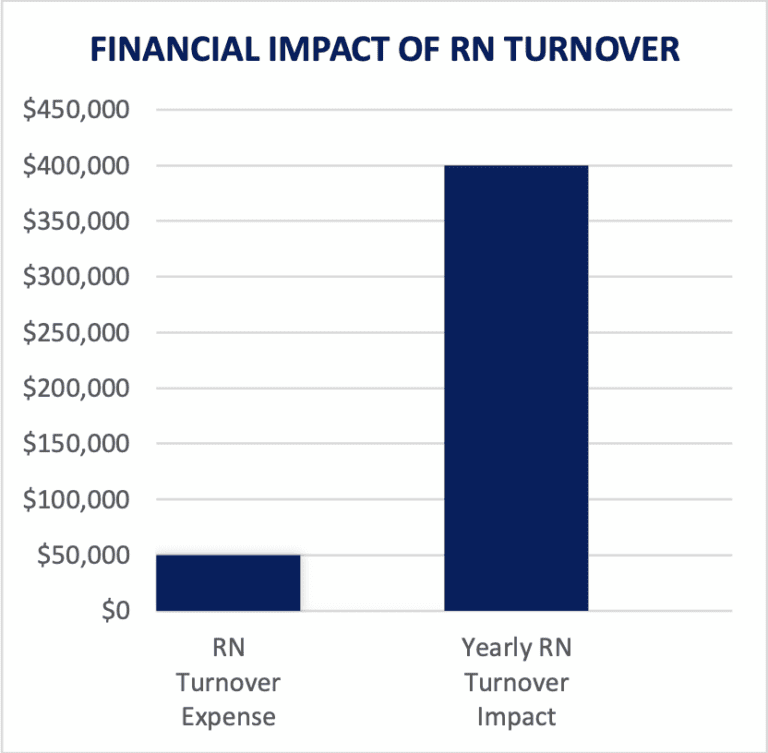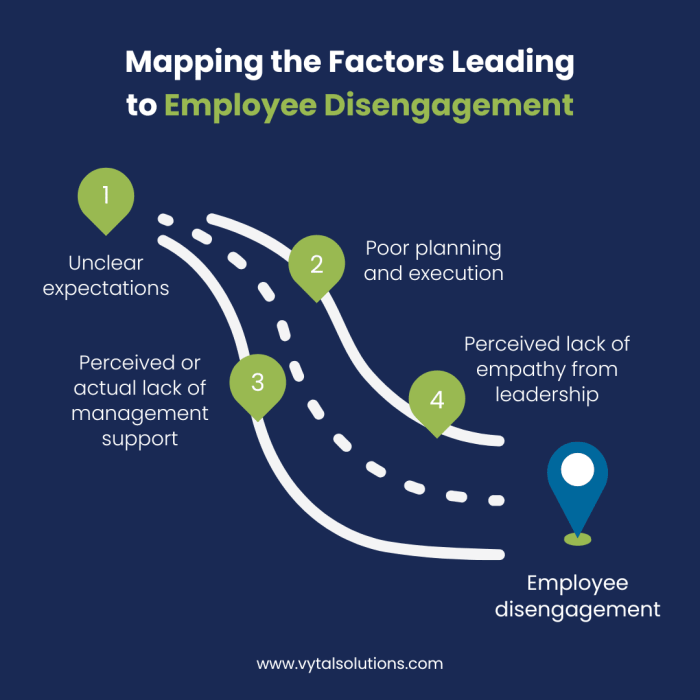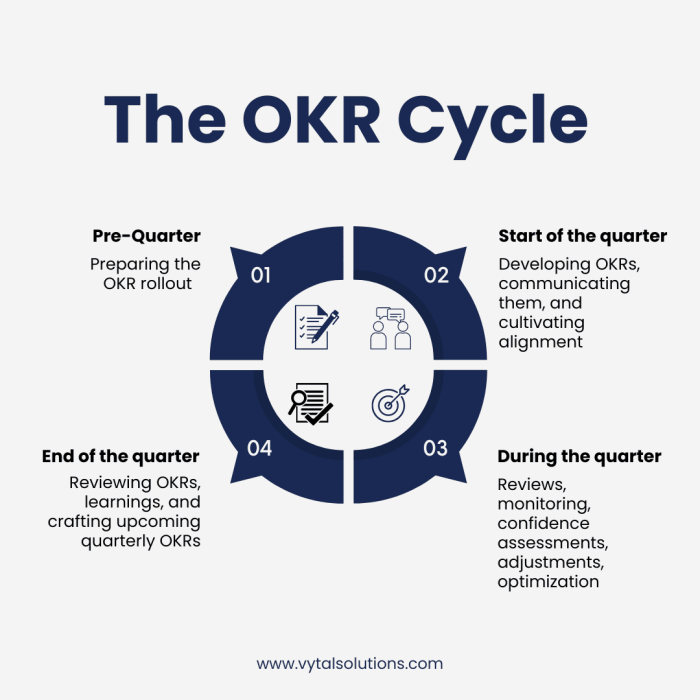Boosting Nurse Retention in Hospitals: How the OKR Framework Can Help
Retaining healthcare employees is a critical issue in the industry, and it comes with a hefty price tag. The cost of turnover for a single bedside registered nurse (RN) is staggering, averaging over $50,000. Moreover, even a small percentage change in RN turnover can affect a hospital’s bottom line by nearly $400,000. Unfortunately, nurses are leaving the bedside at an alarming rate, with some units experiencing 100% turnover every five years.
In this insight paper, we’ll delve into the Objectives and Key Results (OKR) framework, a powerful tool that has proven to be effective in solving business problems in healthcare and other industries.

The Cost of Employee Turnover in Healthcare:
Engaged employees are crucial to the success of any organization. They are more committed to their work, perform better, and are less likely to leave their jobs. In the healthcare industry, engagement is even more critical, impacting not just the organization’s productivity and profitability, but also patient satisfaction.
Many organizations face the challenge of keeping their employees engaged, resulting in staff members feeling disconnected and unfulfilled in their work. Unclear expectations, poor planning and execution, and perceived lack of support from managers and directors can contribute to this problem. The result? Stressed staff, excessive use of organizational resources, and wasted dollars.

How to Address the Problem:
OKRs (Objectives and Key Results) is a framework that has been used successfully by companies like Google, Netflix, and in various healthcare settings. It allows for an agile approach, as you will continuously collect feedback to improve the process.
We often see a vicious cycle of leadership sharing poor performance results with managers and directors, who are then expected to improve the results without guidance or support. With OKRs, you can establish clear objectives and detailed key results, which are the benchmarks for achieving your objective.
These processes generally occur in cycles, having one cycle per quarter. An important component of this is ensuring you are on track to reach your goals and are making progress towards your planned actions that will contribute to the success of achieving your objective.
So, if you want to improve your organization’s onboarding and retention rates, consider implementing OKRs. With this framework, you’ll have the tools and guidance you need to set and achieve your goals, monitor your progress, and create a more engaged and committed workforce.

Implementing the OKR Framework
The OKR process must be a team effort involving those performing tasks. Here’s a practical example, emphasizing that goals alone without actions and extensive follow-ups don’t produce outcomes.
Objective: Boost Registered Nurse Retention by 25% by end of Q4.
Key Results:
• Lift staff feedback score from 3 to 3.5.
• Cut overtime hours by 25%, lessening staff burden.
• Decrease non-compensation exit reasons by 25-30%.
Action Plan:
• HR: Establish a monthly feedback process by Q3 end.
• Staff: New hires get weekly mentor check-ins for first three months.
• Managers: Conduct monthly check-ins.
• Division Chief: Disclose overtime hours and establish intake capacity thresholds. Launch a monthly staff recognition program by Q4 start.
Interested in leveraging the OKR framework?
At Vytal Solutions, our seasoned healthcare industry consultants can guide you in using the OKR framework to turn your strategies into action. If you’re contemplating how OKRs could benefit your organization, we invite you to reach out.
Email us at [email protected] for an exploratory discussion and presentation on OKR best practices. We’re ready to listen to your goals and provide insights on how to effectively leverage OKRs for tangible outcomes.
About the Author:
Dr. Sandy Weiss is an accomplished RN and healthcare professional, bringing a unique blend of clinical expertise and business acumen to her diverse 15-year career. She currently serves as a Director on the Board for the Florida Association for Healthcare Quality. Dr. Weiss holds notable certifications in Project Management (PMP), Healthcare Quality (CPHQ), and Patient Safety (CPPS). She is a passionate advocate for enhancing healthcare worker well-being and job performance.
To download this insight paper, click here.
